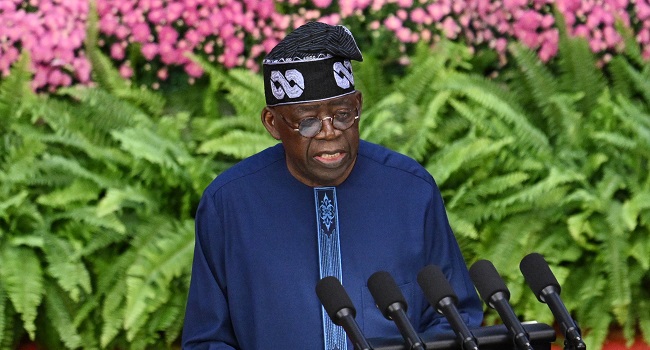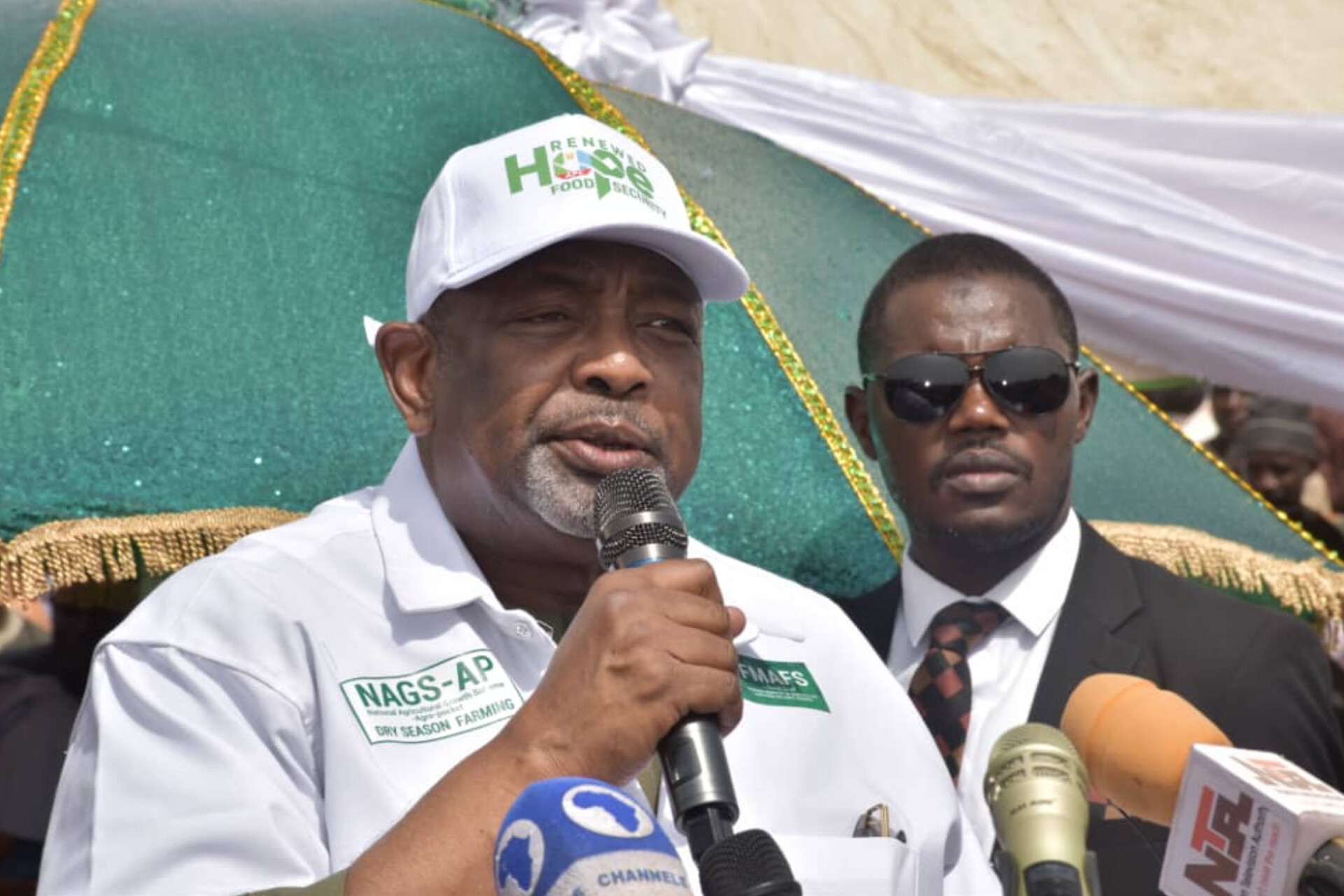Finally President Bola Tinubu has spoken up on the recent hike in the price of Premium Motor Spirit (PMS), which jolted Nigerians Tuesday a sad reality of more hardship with soaring food inflation that has defiled any solution
Tinubu who spoke while addressing Nigerians living in China on Friday, said the petrol price hike and other reforms by his administration are part of an overall strategy to set Nigeria on the path of economic growth.
Presidential spokesman, Ajuri Ngelale, quoted Tinubu to have said, “Nigeria is going through reforms, and we are taking very bold and unprecedented decisions. For example, you might have been hearing from home in the last few days about fuel prices,”
The Nigerian National Petroleum Company Limited (NNPCL) jacked up the pump price of petrol to N855 across its retail outlets amid long queues at filling stations on Tuesday.
Pressure has been mounting by many Nigerians and groups for the Federal Government to reverse the decision.
The situation is made more herculian as it is happenjng amid the scarcity of the petrol product triggering hyper inflation.

At the Beijing meeting, Tinubu stood his ground on the infamous decision, insisting hard decisions are crucial for economic prosperity.
“But, can we help it? Can we develop good roads like you have here? You see electricity being constant in quantity and quality. You see water supply, constant and running, and you see their good schools. And we say we want to hand over a banner without stain to our children?
“So many of you are so talented, speaking very fluent Mandarin. It is what you contribute and tell them at home that will reflect in the attitude of our people.”
The President stated that though it is not always easy to have a national consensus on issues, he is ready to take the hard decisions to move the nation forward.
Tinubu added that he is committed to replicating China’s infrastructure in Nigeria.
“One economic action leads to another, and it is in your hand to build our nation. Mine is to provide the leadership, and I am committed to doing just that. We are focused, and I have a very good team,” he added


